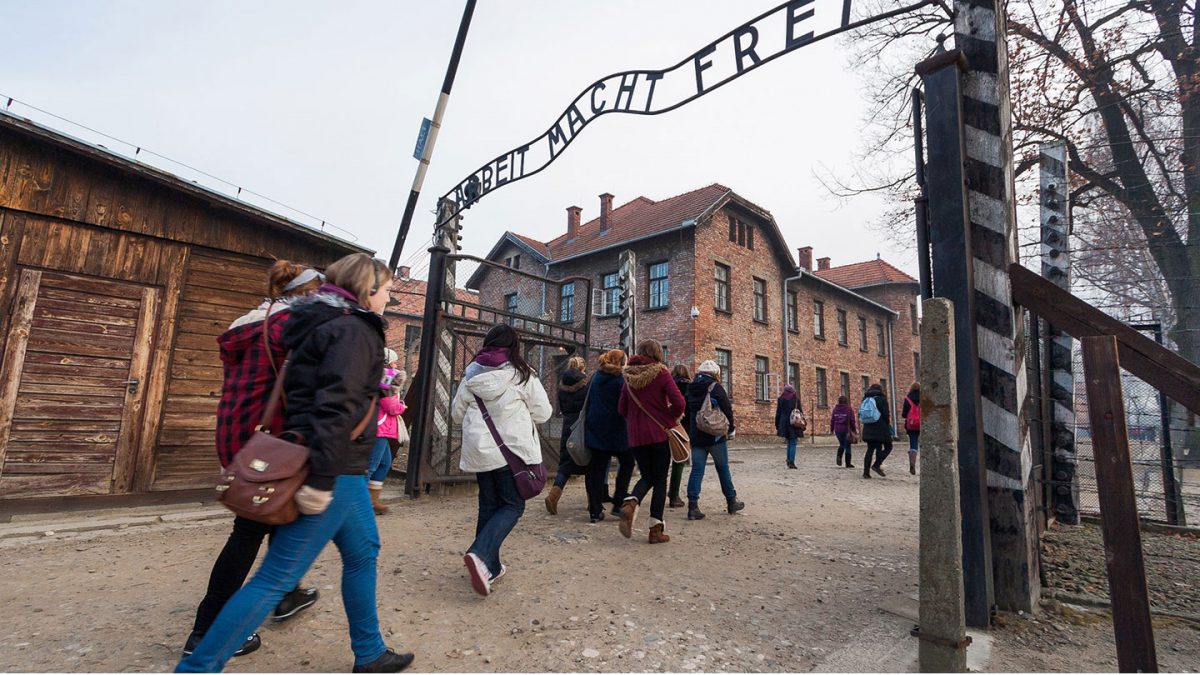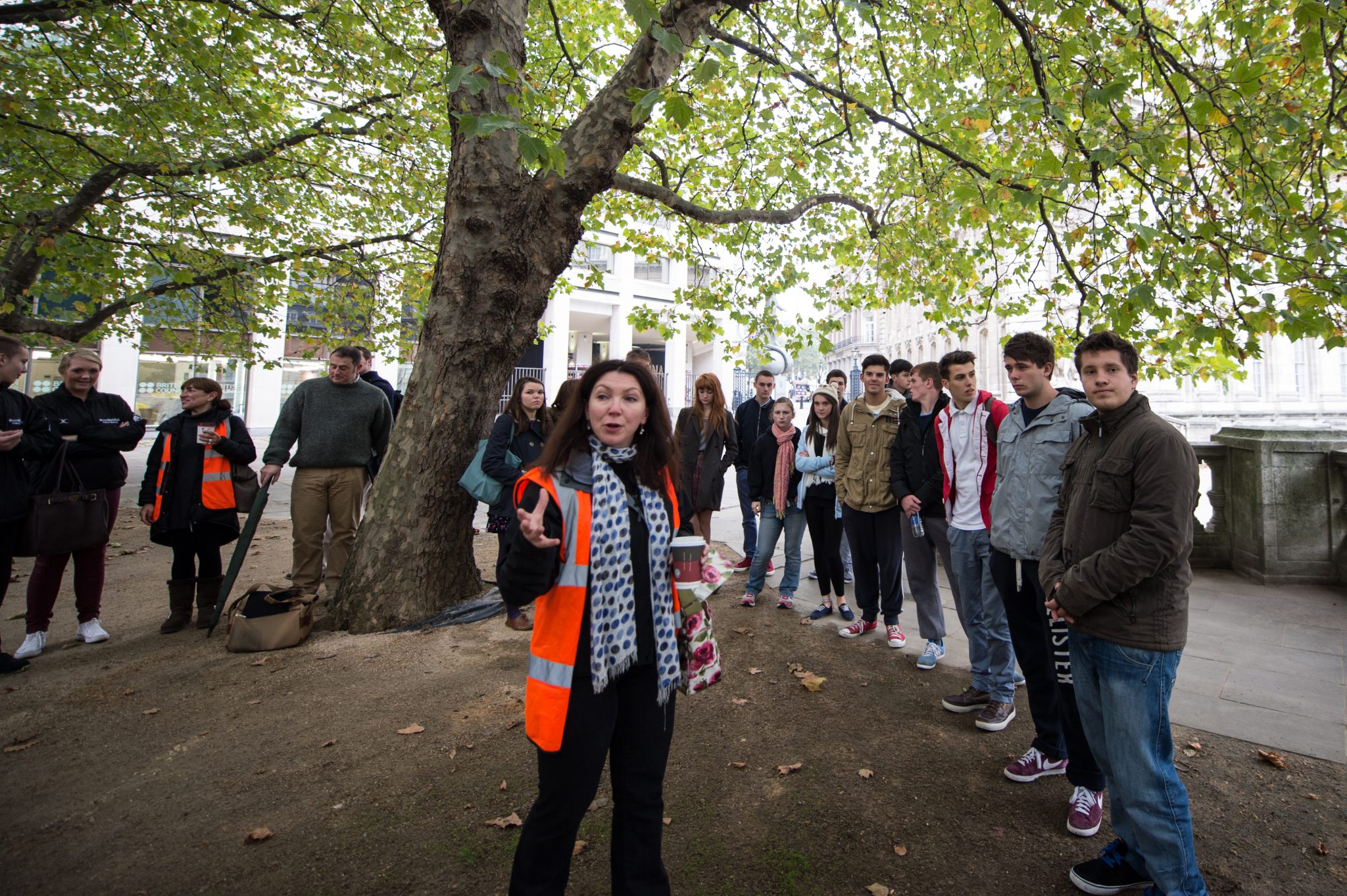
The recent news surrounding Oskar Groening, former SS guard, and his involvement with the Auschwitz death camps has roused a lot of debate, and introducing such subjects with students in class can be highly thought-provoking. To engage students in something that is so topical in today’s news and studied on the curriculum is a great way to see what questions it will raise and encourage students to share their thoughts on the subject.
Our History Tours Development Manager and representative of the HA, Paula Kitching, has her say on the matter.

This is a quick thought about a news event from this week.
This week Oskar Groening was sentenced to prison for his role as a member of the SS at Auschwitz Birkenau. Groening is 94 years of age, it has taken the authorities 70 years to bring this man to trial.
Some might argue that he is too old and there is no point in pursuing men like him. If that is the case, should all those who commit or assist in a heinous crime be allowed to walk free if they are old, even if they committed the crime yesterday? The reality is that the law does not see age as a barrier – the law is interested in evidence, proof and the investigation of a crime, ultimately achieving a sense of justice.
What this case raises is the fact that for so many years after the Holocaust there was a real reluctance to come to terms with the fact that ordinary people were not just complicit, but more than that, they were essential for the Holocaust to be carried out.
Groening’s defenders say that in his role at the camp he was not directly involved with the killings, however, the point of industrialised mass murder that the Nazi authorities carried out meant that many were needed to support the industry, even without standing in front of someone and firing a gun. Groening sorted through the belongings of the Jewish men, women and children as they arrived at the death camp, he admitted that he knew what was happening to the people whose prized treasures and family memories he sifted through. His role was a key part of the Nazi ideology that saw the Jewish victim as a commodity that could be destroyed, and whose belongings and even body parts could be recycled for further purpose, crushing the Jewish peoples’ human worth and replacing it with a Deutsche Mark evaluation.
As a member of the SS Groening was a volunteer, and it was a volunteer military unit when he joined, not a conscription unit – you had to want to be a part of it. The SS ran the death camps and concentration camps, and its volunteers knew that for that role, along with the actual killing by shooting and other means of innocent civilians all across Eastern Europe, the SS was named as a criminal organisation by the Allies immediately after the Second World War.
The Genocide against the Jews and the mass murder of millions of others justified by the Nazis’ ideology was done on an enormous scale – there is evidence for complicity, or at the very least willing ignorance across large parts of Europe. When Groening was found guilty it was not a time for celebration, instead this case emphasises how long it has taken for his complicity to be acknowledged. The case has also highlighted the many roles that supported the mass killing of men, women and children and the many people who willingly carried out their roles. It is worth reflecting on the number of people who were contemporaries to Groening, and the number of those who were more senior than him who have been allowed to finish their lives without being held accountable.
When I take a group to Poland at the end of July and we visit Auschwitz and Birkenau where Groening worked, I will be reminding the students that it is not just those at the very top that made Genocide happen, but the thousands who served the Nazi regime ensuring that all its parts and ambitions were allowed to move along smoothly. Oskar Groening reminds us that the Holocaust was not entirely due to one man, but to the many men and women who carried it out through thousands of little jobs – now that is a lesson that it should not have taken 70 years for us to get to.